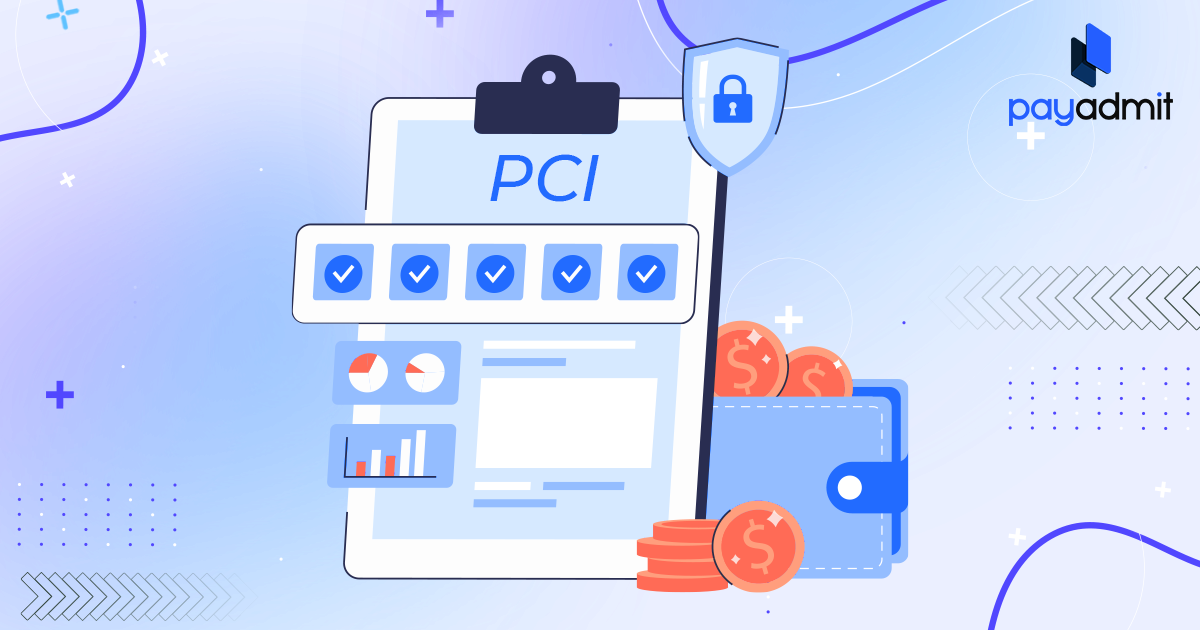What are Loyalty Programs?
What is the meaning of loyalty program? It is a collection of dependable strategies. It develops customer devotion to a company, boosts sales, raises the average check, and, therefore, boosts profits, according to the definition loyalty program. Furthermore, it's a technique for giving rewards to current clients that enables you to keep them and enhance customer experience. The definition of loyalty in the industry means that loyal customers will return to you.
How does it work?
The banking business must first define the best type for its program. The marketing budget, target market size, market share, and other variables have a role in the meaning of loyalty. The member is rewarded for taking the specific activity the brand requires. For example, the installation of an application, the first or subsequent purchases, and the purchase of a particular product.
The CRM system is used for the remainder of the devotion program. The CRM system assists in tracking the program's success and providing points, automatically gathering and sorting data on consumer behavior, and ultimately enhancing the company's marketing strategy.
Advantages and disadvantages
The overview of benefits:
- It reduces customer churn.
- It helps to attract new customers.
- It allows you to collect more data about the client.
- The program helps to improve communication with the buyer.
This marketing tool also has its drawbacks, for instance, a limited number of receptions. Moreover, it is challenging to distinguish loyal customers from repeat customers.




